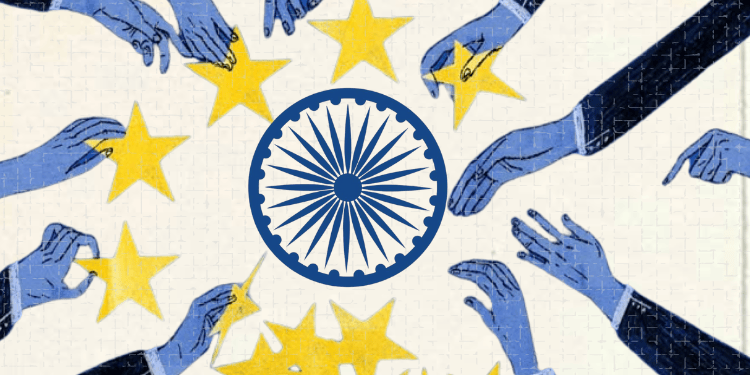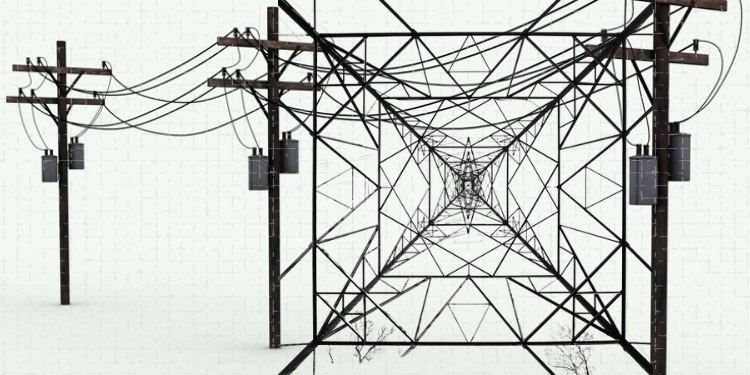ABSTRACT
Organ transplantation has saved and improved the lives of thousands of recipients across the world. According to the Global Observatory on Donation and Transplantation, India performed the third-highest number of transplants in the world in 2019. Despite such a high number of transplants, India faces a massive and chronic shortage of organs. This deficit in turn has led to the exploitation of poor vulnerable sections and gender inequality through illegal organ trade and transplant tourism. This issue brief provides an overview of the legislations governing organ donation and transplantation activities in the country. Further, it explores the complex challenges associated with organ transplantation in India today and highlights some of the ways these challenges can be addressed.
Keywords: Organ transplantation, THOA, organ trafficking, transplant tourism, illegal trade, gender
INTRODUCTION
Organ donation is defined as “giving part of the body (organ) to a person with end stage organ disease who needs a transplant” (National Health Portal n.d.). On 15 November 2021, the Government of India notified a change in the post-mortem protocols (Press Information Bureau 2021). The new protocol allows for post-mortem procedures to be conducted after sunset. Before this, autopsies were conducted before sunset unless the law enforcement agencies had explicitly permitted carrying them out at night. As a result, the organs of many potential donors were not eligible for transplants since the window for organ harvesting and preservation is short. The revised rules are expected to boost organ donations and transplants, facilitating harvest within the required time frame after the post-mortem procedure.
With new protocols and legal amendments, the government has been working towards simplifying and promoting organ donations and transplants in the country. Despite this, a significant amount of organ transplant demand remains unmet, and organ shortages continue to stand in the way of the potential lives that timely transplants can save. At the same time, organ commerce continues to be a massive impediment. Additionally, the legal loopholes that criminalize the donors in illegal organ trade fail to recognize the socio-economic factors at play.






